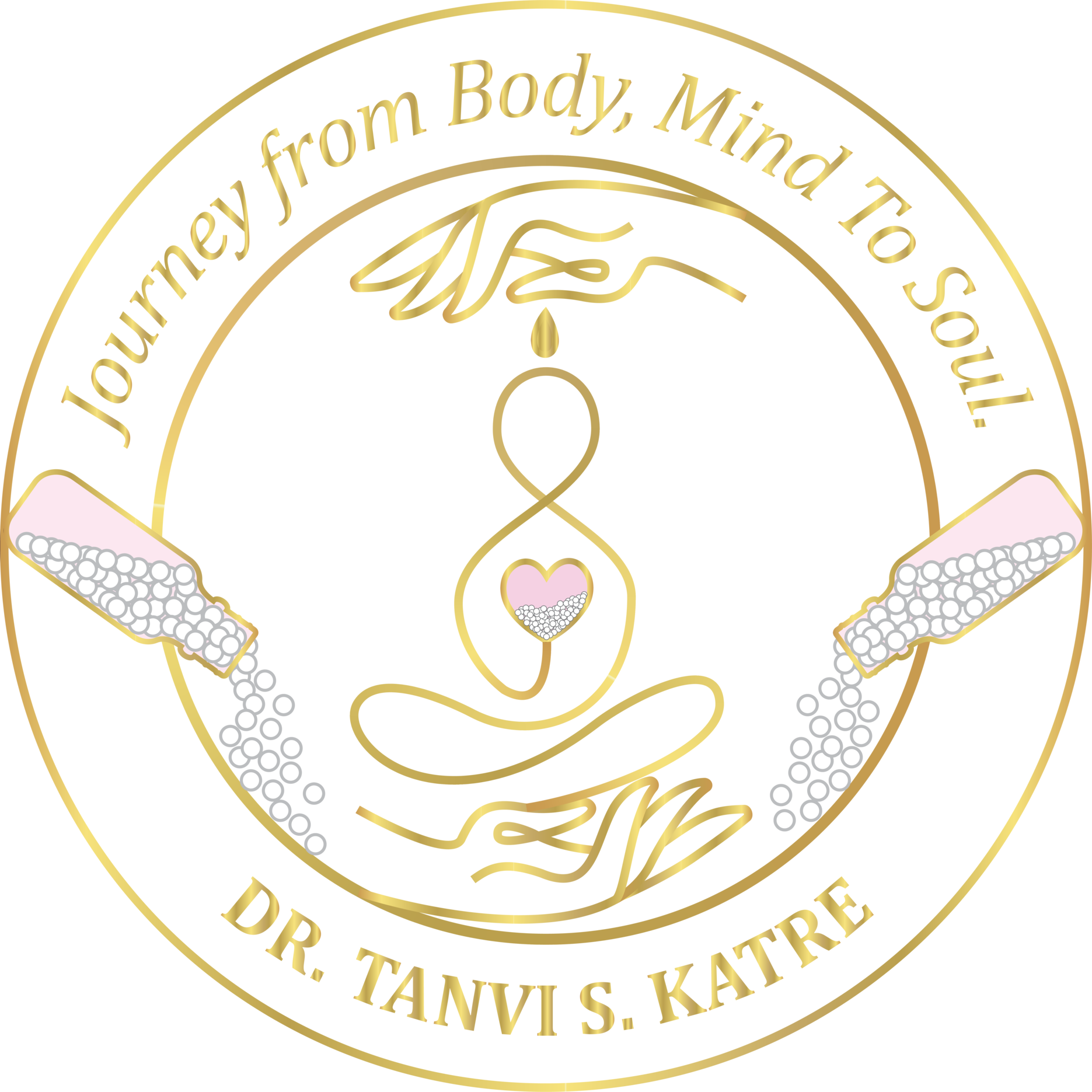Post Traumatic Stress Disorder
POST TRAUMATIC STRESS DISORDER: CAUSES, SIGNS & SYMPTOMS, BENEFITS OF HOMEOPATHY TREATMENT
1. What is Post Traumatic Stress Disorder?
- Post traumatic stress disorder (PTSD) is a psychiatric disorder that may occur in people who have experienced or witnessed a traumatic event, series of events or set of circumstances.
- An individual may experience this as emotionally or physically harmful or life threatening and may affect mental, physical, social, and/or spiritual well-being. Examples include natural disasters, serious accidents, terrorist acts, war/combat, rape/sexual assault, historical trauma, intimate partner violence and bullying.
- People with PTSD have intense, disturbing thoughts and feelings related to their experience that last long after the traumatic event has ended.
- They may relive the event through flashbacks or nightmares; they may feel sadness, fear or anger; and they may feel detached or estranged from other people.
- People with PTSD may avoid situations or people that remind them of the traumatic event, and they may have strong negative reactions to something as ordinary as a loud noise or an accidental touch.
2. Signs and Symptoms Of Post Traumatic Stress Disorder
Intrusion: Intrusive thoughts such as repeated, involuntary memories; distressing dreams; or flashbacks of the traumatic event. Flashbacks may be so vivid that people feel they are reliving the traumatic experience or seeing it before their eyes.
Avoidance: Avoiding reminders of the traumatic event may include avoiding people, places, activities, objects and situations that may trigger distressing memories. People may try to avoid remembering or thinking about the traumatic event. They may resist talking about what happened or how they feel about it.
Alterations in cognition and mood: Inability to remember important aspects of the traumatic event, negative thoughts and feelings leading to ongoing and distorted beliefs about oneself or others (e.g., “I am bad,” “No one can be trusted”); distorted thoughts about the cause or consequences of the event leading to wrongly blaming self or other; ongoing fear, horror, anger, guilt or shame; much less interest in activities previously enjoyed; feeling detached or estranged from others; or being unable to experience positive emotions (a void of happiness or satisfaction).
Alterations in arousal and reactivity: Arousal and reactive symptoms may include being irritable and having angry outbursts; behaving recklessly or in a self-destructive way; being overly watchful of one's surroundings in a suspecting way; being easily startled; or having problems concentrating or sleeping.
Negative changes in thinking and mood:
Symptoms of negative changes in thinking and mood may include:
- Negative thoughts about yourself, other people or the world
- Hopelessness about the future
- Memory problems, including not remembering important aspects of the traumatic event
- Difficulty maintaining close relationships
- Feeling detached from family and friends
- Lack of interest in activities you once enjoyed
- Difficulty experiencing positive emotions
- Feeling emotionally numb
Changes in physical and emotional reactions:
Symptoms of changes in physical and emotional reactions (also
called arousal symptoms) may include:
- Being easily startled or frightened
- Always being on guard for danger
- Self-destructive behavior, such as drinking too much or driving too fast
- Trouble sleeping
- Trouble concentrating
- Irritability, angry outbursts or aggressive behavior
- Overwhelming guilt or shame
For children 6 years old and younger, signs and symptoms may also include:
- Re-enacting the traumatic event or aspects of the traumatic event through play
- Frightening dreams that may or may not include aspects of the traumatic event
3. Causes of Post Traumatic Stress Disorder
You can develop post-traumatic stress disorder when you go through, see, or learn about an event involving actual or threatened death, serious injury, or sexual violation.
As with most mental health problems, PTSD is probably caused by a complex mix of:
- Stressful experiences, including the amount and severity of trauma you've gone through in your life
- Inherited mental health risks, such as a family history of anxiety and depression
- Inherited features of your personality often called your temperament
- The way your brain regulates the chemicals and hormones your body releases in response to stress
4. Homeopathy For Post Traumatic Stress Disorder
- Now, let's explore homeopathy, a gentle, side-effect-free approach that holds the potential to heal the emotional distress underlying Post Traumatic Stress Disorder.
- Homeopathy is like a gentle whisper of healing. It's a holistic approach that understands that our emotional distress has root causes.
- Homoeopathy doesn't just address the surface symptoms; it seeks to heal the very essence of what's troubling us.
- Homeopathy is a gentle approach, like a caring friend who understands without causing any unwanted effects.
- It's a holistic method that goes straight to the root causes of emotional distress and, in the case of anger issues, it helps to heal the pain that leads to such panicking situation. What's truly unique about homeopathy is its ability to provide relief without adding the burden of side effects. Instead, it promotes mental and emotional well-being, offering a path to healing without the worry of any unpleasant reactions.
5. How Homoeopathy Addresses Post Traumatic Stress Disorder?
Homeopathy is based on the principle that the mind, body, and soul are intricately connected, and to achieve true healing, all aspects of an individual must be considered. This holistic approach recognizes that emotional and mental well-being are as vital as physical health. Here's how homoeopathy understands and works with the mind, body, and soul connection:
1. Soul - Mind-Body Connection:
Homeopathy recognizes that our emotional and mental state can significantly influence our physical health. Stress, anxiety, and unresolved emotional issues can manifest as physical symptoms. Homeopathic remedies are chosen based on an individual's emotional and mental state, as well as physical symptoms, to promote overall balance.
2. Individualised Treatment:
- Homeopathy focuses on individualised treatment. When you come to us, we will talk to you and listen to you carefully. It's like having a chat with a good friend who really cares about you. We ask about your feelings, your worries, and your life.
- We take a detailed case history, considering not only physical symptoms but also the person's emotions, fears, and past experiences. By addressing the emotional and mental aspects, homoeopathy aims to restore harmony to the entire being.
3. Healing the Root Causes:
Homeopathy aims to identify and address the root causes of both physical and emotional distress. Instead of merely suppressing symptoms, it seeks to eliminate the underlying imbalances that contribute to illness. It’s a holistic method that goes straight to the root causes of emotional distress and, in the case of suicidal behaviour, helps to heal the pain that leads to such despair. This approach aligns with the idea that true healing involves addressing the core issues affecting mind, body, and soul.
4. Mental and Emotional Well-Being:
One of the unique qualities of homeopathy is its ability to promote mental and emotional well-being without side effects. Homeopathic remedies gently stimulate the body's innate healing abilities, supporting emotional balance and resilience.
5. Soul Connection:
In a broader sense, homeopathy acknowledges the spiritual or soul aspect of an individual. While not directly a spiritual or religious practice, homeopathy recognizes that a person's beliefs, values, and life experiences can impact their well-being. Homeopathy takes a holistic view, considering the person as a whole, including their spiritual or soul connection.
6. Monitoring and Adjustments:
We don't just give you the remedies and send you on your way. We stay with you on this journey. We will check how you're feeling and adjust things if needed. It's like having a buddy to help you along the way.
6.Benefits of Homeopathy in Post Traumatic Stress Disorder (PTSD) Management
A. Non-Invasive and Side-Effect-Free Treatment
Homeopathy stands out as a beacon of hope for those battling PTSD. Unlike many conventional treatments, homeopathy is entirely side-effect-free. It's like finding a path to healing without encountering any roadblocks. This is particularly vital in the context of PTSD management, where individuals need a gentle approach that doesn't add more burden to their already heavy load.
B. Suitable for All Age Groups
One of the remarkable aspects of homeopathy is its inclusivity. It doesn't discriminate based on age. It's a healing art for everyone, from children trying to make sense of their emotions to teenagers navigating the complexities of life, and adults seeking serenity. Homeopathy is like a trusted companion, offering support at every stage of life's journey.
C. Long-term Effectiveness and Sustainable Results
Homeopathy isn't just about quick fixes; but also it's about creating lasting change. In the realm of chronic conditions like PTSD, long-term effectiveness is the key to healing. Homeopathy doesn't merely address the symptoms; it delves deep to find the root cause, offering the promise of sustainable results. It's like planting a seed of strength and resilience that grows into a sturdy tree, providing shade and peace in the long run.
Choosing homeopathy is not just a decision; it's an investment in your
well-being. It's a step toward a future where the shadows of trauma
no longer define your life, where you can embrace each day with hope
and healing.
With homeopathy, the journey to managing PTSD
becomes smoother, gentler, and more hopeful.
WE are like your caring friends who will walk with you on your journey
to feeling better.
So, let's embark on this journey together,
and discover the potential for managing Post Traumatic Stress Disorder
through the gentle and holistic power of homoeopathy.

